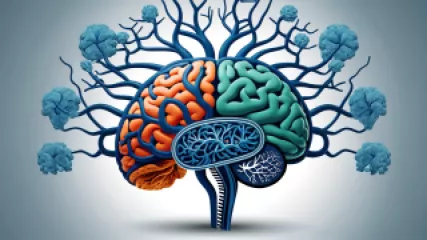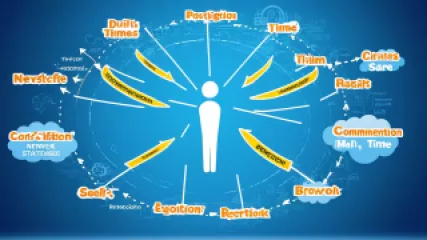The Ultimate Guide to Cultivating Grit
il y a 1 an
Cultiver la persévérance
The Art of Nurturing Perseverance: A Step-by-Step Guide to Cultivating Grit
il y a 1 an
Cultiver la persévérance
Exploring the Mind-Body Dichotomy: A Research Summary
il y a 1 an
Dichotomie corps-esprit
Unlocking the Secrets of Success Psychology: A Step-by-Step Guide
il y a 1 an
Psychologie du succès
Exploring the Intersection of Philosophy and Psychology: A Research Summary
il y a 1 an
Philosophie et psychologie
10 Steps to Achieving Success with Psychology
il y a 1 an
Psychologie du succès
10 Proven Strategies for Mindful Success Coaching
il y a 1 an
Psychologie du succès
The Persuasive Power of Psychology: A Deeper Dive
il y a 1 an
Psychologie de la persuasion
Cultivating Grit: 5 Life-Changing Lessons from Inspiring Movies
il y a 1 an
Cultiver la persévérance
Bridging the Mind-Body Divide: A Holistic Perspective
il y a 1 an
Dichotomie corps-esprit
Top Mental Health Apps for Emotional Well-Being
il y a 1 an
Applications de santé mentale
Mastering Emotional Intelligence Basics: A Step-by-Step Guide
il y a 1 an
Bases de l’intelligence émotionnelle
Why Understanding Emotional Intelligence Basics is Crucial
il y a 1 an
Bases de l’intelligence émotionnelle
Learning Empathy Development through Books and Movies
il y a 1 an
Comprendre les humeurs
Top 10 Signs of Self-Sabotage You Shouldn't Ignore
il y a 1 an
Comprendre l’auto-sabotage















